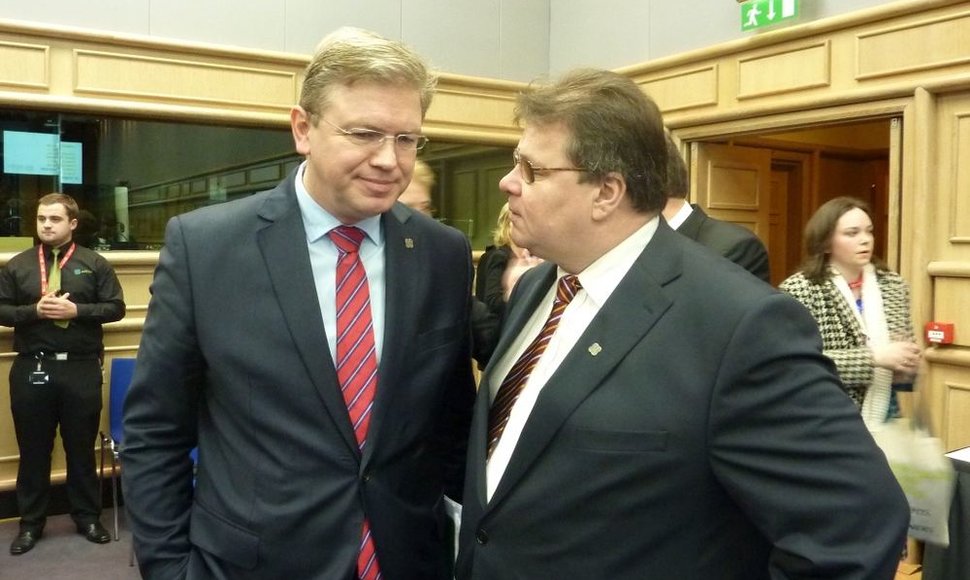"What Russia has done in recent weeks in terms of trade measures was pure blackmail against Armenia, and that runs counter to international requirements," Brok told the Inter-Parliamentary Conference for the Common Foreign and Security Policy and the Common Security and Defense Policy at the Lithuanian Seimas on Thursday.
Following a meeting with Russian President Vladimir Putin earlier this week, Armenian President Serzh Sargsyan announced the country's decision to join the Customs Union. It had been hoped that an association and free trade agreement between Armenia and the EU would be initialed at the upcoming Eastern Partnership Summit in Vilnius in late November.
Talking about the Eastern Partnership countries, the EP committee chairman underlined that Eastern Partnership countries should make up their minds on their future themselves and not under external influence.
"Every country should make individual decisions. These are not decisions that should be made in Moscow or Brussels. These are individual decisions that should be made by, let's say, Kiev. These are independent countries that need to make their own decisions as Lithuania did when fighting for its independence," Brok said.
In his speech, the German politician has also stressed the need to ensure that an association agreement with Ukraine is signed during the Eastern Partnership Summit in Vilnius. "I hope that the Eastern Partnership Summit will be historically significant for the whole of Europe. (...) The doors are open to Eastern Partnership countries. They just need to meet certain conditions," Brok said.
Russia has taken measures in recent weeks against Eastern Partnership countries seeking closer ties with the European Union. Russian officials have warned Ukraine recently about potential import restrictions, if Ukraine signs the association agreement with the EU and does not join the Russian-led Customs Union instead. Moscow has also promised cheaper gas to Ukraine, if the latter chooses the Customs Union over closer ties with the EU.
Russian officials have also warned Moldova that its closer ties with the EU would hamper the resolution of the Transnistrian problem and also mentioned potential wine imports restrictions.












